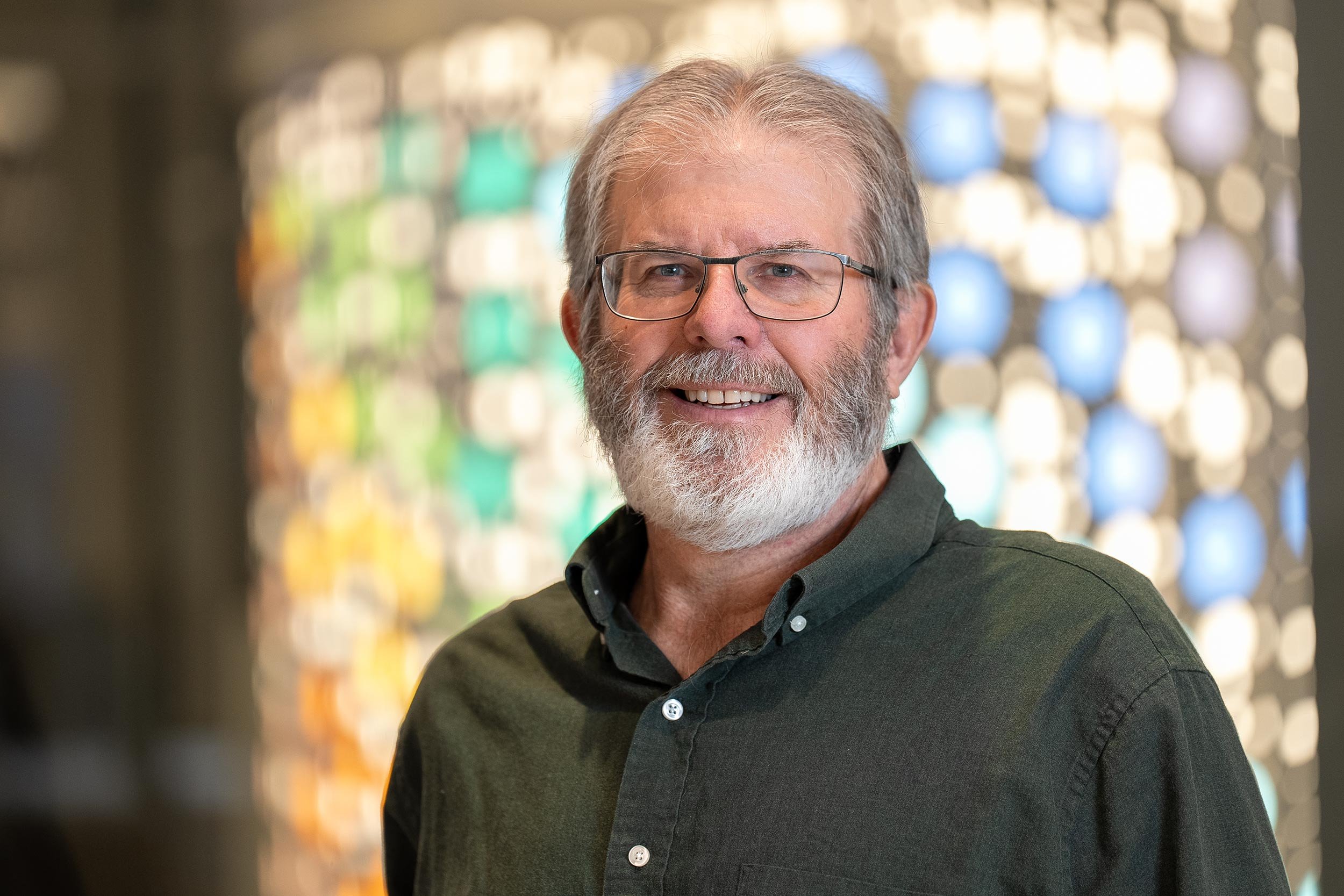When every breath is a struggle, research offers hope
Before his lung transplant on January 23, 2024, Randy Teske needed portable oxygen to carry a laundry basket upstairs. He had idiopathic pulmonary fibrosis, an incurable disease with no known cause that filled his lungs with scar tissue that looked like broken glass.
While Randy waited for the perfect donor match, he was passionate about helping others with the disease by participating in a clinical trial at the University of Wisconsin. “It was too late for me to avoid a transplant, but I hoped they could make a discovery that may help somebody else down the line,” he said.
In the words of pulmonologist and critical care physician Lynn Schnapp, MD, idiopathic pulmonary fibrosis is “continuous, progressive and unrelenting.” The two FDA-approved drug therapies can slow down the progression of the disease, but they can’t stop it or reverse it.
Dr. Schnapp hopes to change that. As the George R. and Elaine Love Professor and Chair of the Department of Medicine and an NIH-funded investigator, she is leading research to understand why the lung can heal with some diseases but remains permanently scarred with idiopathic pulmonary fibrosis. With support from philanthropy, her team acquired advanced technology to analyze lung tissue from transplant recipients at the cellular level, work that could lead to lifesaving therapies.
“Even though I'm looking at the cellular level and working on DNA and proteins as a physician-scientist, having the patient as my North Star is what's driving me and keeps me going,” says Dr. Schnapp.
Share Your Story
Did UW Health or the UW School of Medicine and Public Health have a life-changing impact on you or someone you love? Be part of the Wisconsin Medicine story by inspiring others with your story. Share it now.


